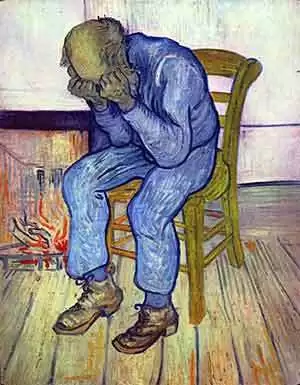
Celiac.com 01/09/2012 - Women with celiac disease face a higher risk for depression than the general population, even once they have adopted a gluten-free diet, according to U.S. researchers.
A team of researchers recently used a Web-mediated survey to assess a range of physical, behavioral and emotional experiences in 177 U.S. adult women, who reported a physician-provided diagnosis of celiac disease.
Celiac.com Sponsor (A12):
The team was led by Josh Smyth, professor of biobehavioral health and medicine at Pennsylvania State University, and included members from Syracuse University and Drexel University.
The survey gathered information about how closely people follow a gluten-free diet and assessed various symptoms of celiac disease from physical symptoms to the respondents' experience and management of stressful situations, along with charting symptoms of clinical depression and frequency of thoughts and behaviors associated with eating and body image.
Perhaps unsurprisingly, many women with celiac disease suffer from disordered eating, given that the management of celiac disease requires careful attention to diet and food, Smyth said.
"What we don't know is what leads to what and under what circumstances," Smyth said. "It's likely that the disease, stress, weight, shape and eating issues, and depression are interconnected."
The findings are forthcoming in the journal of Chronic Illness.
Source:









Recommended Comments
Create an account or sign in to comment
You need to be a member in order to leave a comment
Create an account
Sign up for a new account in our community. It's easy!
Register a new accountSign in
Already have an account? Sign in here.
Sign In Now